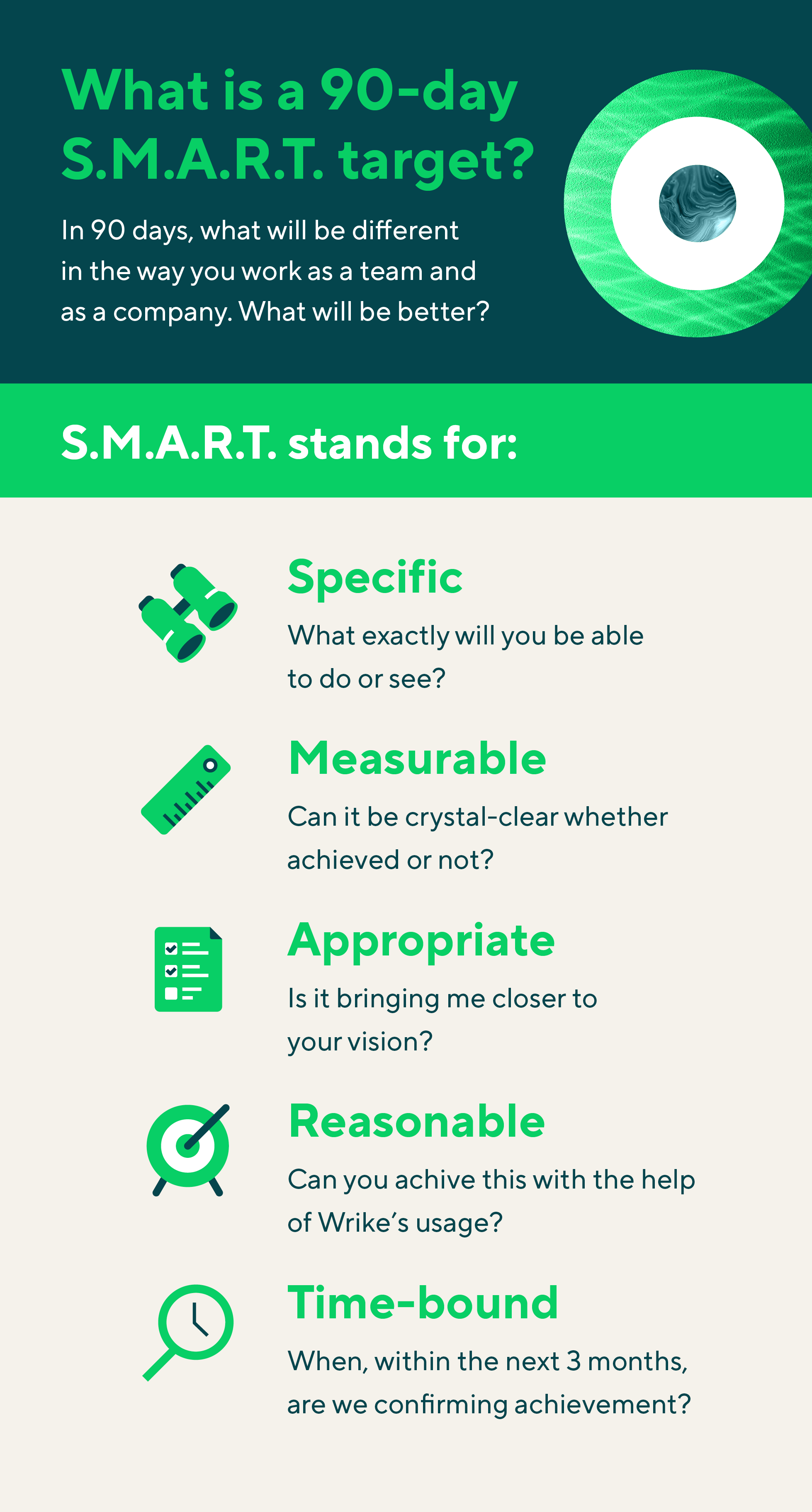Phase 01: Initiation
Intro
In the Initiation phase, PSCs focus on ensuring everyone from the client Deployment Team is aligned on the activities that will take place during deployment. In addition, they will help to lay the foundation for the change management activities that will occur throughout the deployment process.

The Kickoff call
The Kickoff call is the key session to paving the way for a successful deployment of Wrike in your organization and brings us one step closer to our Launch Day! During this session, we will review the scope, goals, and timeline of your deployment. Prior to the call, your PSC will send you a short survey to get more insight into your team, culture, and goals. Your responses help the PSC to create a custom analysis of your team's change management needs and better understand your team's work
Key agenda points:
- Introduce your Wrike Deployment Team*
- Discuss your business objectives and success metrics for the project**
- Discuss which team(s) and process(es) will be the focus of the deployment
- Review your deployment package, timeline, and next steps***
*In your first homework assignment you will be asked to identify the key stakeholders for the successful Wrike Deployment. Stakeholders are anyone who influences or is influenced by the work you’re doing and anyone who has an interest in the work you’re doing (see below “Deployment team”)
** We measure success through 90-day SMART goals - this is the target we want to aim for. In 90 days, what will be different in the way you work as a team and as a company? What will be better? To ensure that the target is a goal that is achievable, make sure it adheres to the S.M.A.R.T. criteria (Specific, Measurable, Appropriate, Reasonable, Time-bound).
*** Over the course of the first few weeks we will be looking to determine the Launch Day. This is THE day. You’ll say goodbye to crazy spreadsheets, reports, status meetings, and useless emails and say hello to Wrike. Our experience shows that clients that set a date and stick to it often gain traction faster within their organization and achieve higher adoption by all involved.

Deployment Team
- Deployment Team: This team consists of a Deployment Sponsor, a Deployment Lead, and a small group of Champions.
- Deployment Sponsor: This person(s) should have the proper authority in your organization to provide clarity as to why Wrike is being adopted, who is expected to use Wrike, what type of work and what communications will happen in Wrike, and when key moments within the deployment process should occur. (i.e. training, launch date, etc.). In certain contexts, this person can also be the Deployment Lead.
- Deployment Lead: This person is the point-person for the deployment of Wrike. This will be the point-of-contact for communications with the PSC and will coordinate and facilitate the scheduling and execution of calls/meetings for the different touchpoints in the deployment process. In certain contexts, this person can also be the Sponsor.
- Deployment Champions: Champions are the power users, the early adopters, the influencers, the sherpas on your path to collaborative nirvana. It is smart to have a healthy mix of individuals that are enthusiastic for this new change and others that are hesitant. Good change management means giving all voices the time and space to be heard. Our experience shows that successful deployments involve a group of champions within an organization to help pave the way for successfully adopting Wrike. How many do you need? A good rule of thumb is to have at least one Champion for every 5 users in your account.
- Users or End-Users: Also known as end-users, are everyone else in your organization who will be utilizing the Wrike Platform.
